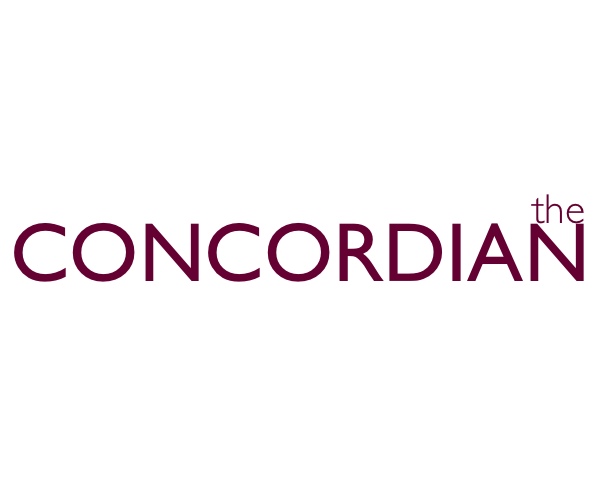Concordia students want to talk about religious pluralism, but some students do not feel accepted on campus, according to results from a recent survey.
A campus religious and spiritual climate survey conducted last spring and released last month showed that 99 percent of student respondents had a medium to high rate toward religious pluralism, or acceptance toward other religions.
“This is unusually high,” said Jacqueline Bussie, director of The Forum on Faith and Life. “That just shows that Concordia students are so interested in learning about their own religious tradition and the religious traditions of other people.”
About 70 percent of respondents held a majority religious worldview (Prostestant, Orthodox or Roman Catholic), 20 percent were nonreligious and 10 percent held a minority religious worldview (all other religions, including spiritual). However, the 575 student responses to the survey were not enough to make conclusive statements about the student body, said Elaine Ackerman, director of assessment.
Another statistic in the survey showed that six percent of majority worldview students felt that nonreligious students aren’t accepted, while almost 35 percent of nonreligious students felt that they aren’t accepted. Bussie said this was an area for growth.
“This concerns me,” she said. “I don’t like the idea of any group on campus not feeling as accepted as others.”
Kristi Del Vecchio identifies herself as a secular atheist. She thinks the feeling of denial may stem from the lack of a campus secular student organization, which was previously in the works, but did not gain final approval from the college.
“By rejecting that community as seculars, the school sent a message that they’re not encouraging them to be a part of their own community,” Del Vecchio said.
She thinks that the creation of a secular campus organization could help nonreligious students to feel more accepted and discuss their beliefs.
The religious climate and spirituality survey was sponsored by Interfaith Youth Core, a non-profit founded by Eboo Patel that strives to make interfaith cooperation the norm. Bussie said the survey will be used as a conversation starter and as a baseline for future interfaith work. The Interfaith Advisory Council, made up of students and faculty on campus, will continue to decide what to do with the survey results.
Del Vecchio as well as Sarah Funkhouser are student members of the Interfaith Advisory Council and co-presidents of Better Together, a campus organization that aims to recognize the particularities of every religion. Funkhouser said the council is trying to maximize the interfaith educational opportunities that already exist, such as Religion 100 classes. She has spoken to these classes about interfaith, and she said other members of Better Together might also talk with classes later this year. Del Vecchio mentioned inquiry seminars, residential assistant training and orientation leader training as opportunities to encourage interfaith discussions.
Funkhouser thinks students at Concordia should continue to work on interactions and personal relationships with people of different religious worldviews. She said there is a difference between accepting those worldviews and actually reaching out to engage people that have distinct worldviews.
“The world is a diverse place,” she said. “If all we’re going to do is tolerate that diversity, we’re losing so much.”
The Interfaith Advisory Council plans to work with the survey results throughout the year, Bussie said. Part of their work will include defining successful pluralism.
“To me, personally, success in the 21st century for a campus like ours is that people understand Concordia is a place where they don’t have to check their religious and nonreligious views at the door,” Bussie said. “That they can bring their whole self into the classroom and to our campus and feel at home.”
One thing Bussie, Del Vecchio and Funkhouser all took from the survey is that students do care about religious diversity.
“I think it’s really important to emphasize that student are really interested in pluralism,” Del Vecchio said. “We have a lot of work to do, but I think we have the students to make changes.”

